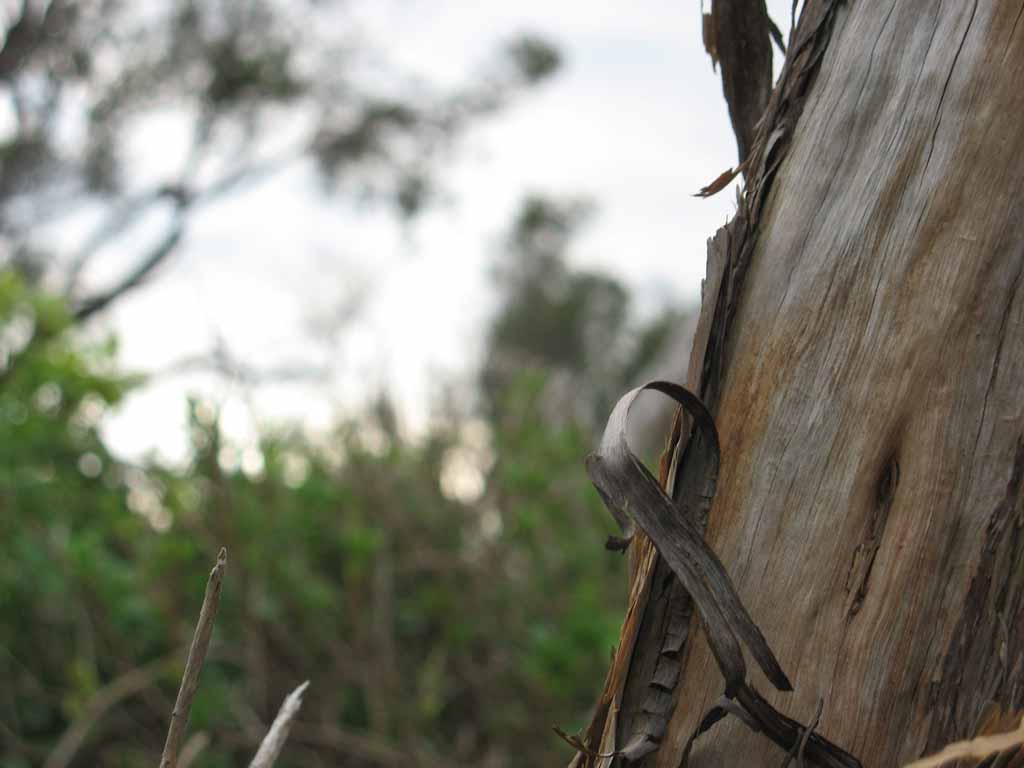The Kingdom of God
[A]s He is, so also are we in this world.
1 John 4:17 (portion)
The Kingdom is like yeast that fills a whole lump. The Kingdom is like a seed, which grows to an entire tree.
No where in scripture is the Kingdom ever depicted as incomplete, nor as coming in multiple installments or dispensations. In fact, from the parables of Jesus, the entirety of the Kingdom is completely contained in its inception, just as with a seed, or with a bit of yeast.
Even an embryo within the womb will produce all the parts necessary: the head, the liver, the eyes, toes, hands, skin, hair, etc. After conception, physically, the mother provides nothing of the material other than nutrition after the baby is implanted in the womb. This is the image of the Kingdom.
His Kingdom is an Everlasting Kingdom, and it only grows (Isaiah 9:7). If in any sense at all the Kingdom was here when Jesus was, and it was, it was here in its entirety, even as the rock of Daniel was a complete rock that grew to a mountain.
The words of Jesus could not be misunderstood: The Kingdom of God is at hand (Matthew 4:17, Matthew 10:7, Mark 1:14). Though the substance of that Kingdom was not what was expected, it is often the case that the heart of God is often different than what man esteems (Romans 3:4). The Kingdom was present then, has not departed, and is now.
But, John the Baptist looked towards what he saw in Jesus and had questions. He sent to Jesus, asking, “Are you the one to come, or should we look for another?” (Matthew 11:3). Jesus responded about the miracles and the Good News being preached. Yet, what was John’s prophecy?
Mark 1:8
I baptize you with water, but he will baptize you with the Holy Spirit.
This was John’s expectation of the coming Kingdom. But, in John’s day, he never saw it. To tell the truth, in His life before the cross, Jesus didn’t fulfill this prophecy, for the coming of the Holy Spirit was tied to His departure (John 16:7).
Even in Luke 19:11-26, Jesus indicated that He had to go away first, before in the Kingdom the Holy Spirit would be released to the people. Just as Jesus gave His authority to the disciples when He sent them out to preach, they were no longer operating in this authority after Jesus was removed. They had operated in Jesus’ anointing, and Jesus’ power, seeing even the demons be subject to them in His name. But, there is no record of them even trying to move in this power after the cross, before Pentecost.
The Kingdom was not restored to to the political state of Israel at that time either (Acts 1:6). But, to His disciples, He said they would be witnesses.
Yet, it was the power over the spirit realm that Jesus declared as one of the distinguishing features of the Kingdom of Heaven (Luke 11:20). Where as, in the Old Testament, there was no casting out of demons with authority, Jesus said that it was proof that the Kingdom has come upon those around.
We live in an interesting time, apparently at the end of the time of the Gentiles (Luke 21:24). In Jesus’ ministry, the religious Jews were sharply divided. Half believed in spirits and the resurrection of the dead (Pharisees), while the other half did not (the Saducees.. Leading to the timeless preacher joke, saying, they didn’t believe in spirits or resurrection.. That was why they were “so-sad-you-see”). And, interestingly enough, we are in a time in the Gentile church where, half the body seemingly believes in an realm of spirit in which we operate and interact, and the other half, denying the scriptures themselves, do not believe in the domain of the spirit. We live in a day where even much of the church does not effectively even believe in deliverance.
As has been pointed out, whether a demon is in, near, around, or otherwise is a side-line issue to its removal. Arguing over the former is adopted because actually getting rid of it is forgotten. Deliverance and healing is the children’s bread (Matthew 15).
If deliverance was the sure sign, according to Jesus, that the Kingdom had come upon the Pharisees, then surely it must be a part of the church today. If Jesus cast demons out in the synagogue, then surely we must do so in the church today. If casting out a demon and leaving an empty house is a dangerous thing, surely we shouldn’t be focusing all of our efforts on deliverance on non-Christians alone. If salvation was enough to displace a demon, then obviously it would have been enough for Jesus to simply say “Believe”, rather than “Get out!”. If the woman with the Spirit of infirmity already did believe enough to come to Jesus, then it was something else that was sickness that was cast out of her! The same with Peter’s mother’s fever, and the same with the woman with the issue of blood. In the latter, it was her faith that healed her, but an affliction of body caused by a spirit is cast out by authority, faith, and the power of God. As it was then, if I cast out demons by the finger of God, then the Kingdom of God has come upon you. Only if you attempt to deny deliverance in the modern day can you say the Kingdom is not Now, come upon you, and “at Hand”.
Miracles, signs, and wonders, while not exclusive to the Kingdom, must somewhere accompany the preaching of the Kingdom. While they are not the direct guarantee of the authentic Kingdom, they should be part (2 Corinthians 12:12, 1 Corinthians 4:20).
What must start small, has grown to fill all in all. Whereas Jesus walked in the Holy Spirit without measure, so does the Father desire us to as well. As Christ is, so are we in this world. Perfect, as He is perfect.
The will of God is that we be built up until we reach the unity of the faith and all attain to the full measure of the stature of Christ (Ephesians 4:13). This is His Kingdom, the new creation reality (2 Corinthians 5:17). There is nothing impossible in God; nothing impossible for him that believes.
As it was in Jesus’ day, so it is now. The Kingdom of God is at Hand. Repent, and believe.
Isaiah 61 speaks for the Jesus’ mission while He was on the Earth. While the quotation in the New Testament stops in the middle of verse 2, it seems apparent that the entire chapter describes His mission:
The Spirit of the Sovereign LORD is on me,because the LORD has anointed me to preach good news to the poor. He has sent me to bind up the brokenhearted, to proclaim freedom for the captives and release from darkness for the prisoners, to proclaim the year of the LORD’s favor and the day of vengeance of our God, to comfort all who mourn, and provide for those who grieve in Zion—to bestow on them a crown of beauty instead of ashes, the oil of gladness instead of mourning, and a garment of praise instead of a spirit of despair. They will be called oaks of righteousness, a planting of the LORD for the display of his splendor.
They will rebuild the ancient ruins and restore the places long devastated; they will renew the ruined cities that have been devastated for generations. Aliens will shepherd your flocks; foreigners will work your fields and vineyards.
And you will be called priests of the LORD, you will be named ministers of our God. You will feed on the wealth of nations, and in their riches you will boast. Instead of their shame my people will receive a double portion, and instead of disgrace they will rejoice in their inheritance; and so they will inherit a double portion in their land, and everlasting joy will be theirs. “For I, the LORD, love justice; I hate robbery and iniquity.
In my faithfulness I will reward them and make an everlasting covenant with them. Their descendants will be known among the nations and their offspring among the peoples. All who see them will acknowledge that they are a people the LORD has blessed.”
I delight greatly in the LORD; my soul rejoices in my God. For he has clothed me with garments of salvation and arrayed me in a robe of righteousness, as a bridegroom adorns his head like a priest, and as a bride adorns herself with her jewels. For as the soil makes the sprout come up and a garden causes seeds to grow, so the Sovereign LORD will make righteousness and praise spring up before all nations.




















